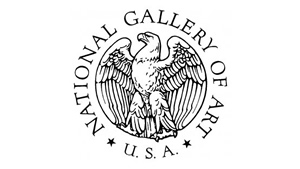Error message
- Strict warning: Only variables should be passed by reference in include() (line 120 of /var/www/artbabble.org/drupal/sites/default/themes/babble_at_subtheme/templates/node--video.tpl.html).
- Warning: Invalid argument supplied for foreach() in element_children() (line 6525 of /var/www/artbabble.org/drupal/includes/common.inc).
- Warning: Illegal string offset '#children' in drupal_render() (line 5982 of /var/www/artbabble.org/drupal/includes/common.inc).
- Warning: Illegal string offset '#children' in drupal_render() (line 5992 of /var/www/artbabble.org/drupal/includes/common.inc).
- Warning: Illegal string offset '#children' in drupal_render() (line 6030 of /var/www/artbabble.org/drupal/includes/common.inc).
- Warning: Illegal string offset '#printed' in drupal_render() (line 6037 of /var/www/artbabble.org/drupal/includes/common.inc).
The Sixty-Third A. W. Mellon Lectures in the Fine Arts: Past Belief: Visions of Early Christianity in Renaissance and Reformation Europe, Part 2: Bearers of Memory and Makers of History: The Many Paths to Christian Antiquity
Anthony Grafton, Princeton University. In this six-part lecture series entitled Past Belief: Visions of Early Christianity in Renaissance and Reformation Europe, Anthony Grafton focuses on the efforts of artists and scholars to recreate the early history of Christianity in a period of crisis in the church from the 15th to the 17th century. In this second lecture, entitled “Bearers of Memory and Makers of History: The Many Paths to Christian Antiquity,” originally delivered at the National Gallery of Art on April 6, 2014, Professor Grafton argues that the history of knowledge was for millennia a history of books, the production of which established new standards of study and argument and ultimately the great libraries of Europe. Knowledge about the early church took the form of immense books—the work of learned scholars rich in erudition and impassioned by their beliefs, whose scholarship was often deeply prejudiced but sometimes reached original, prescient, and unexpected conclusions.
Comments
You May Also Like
�






